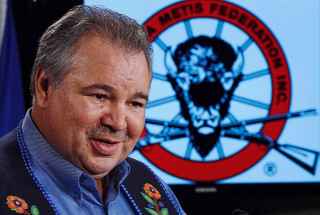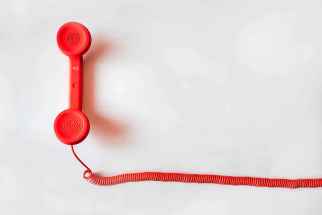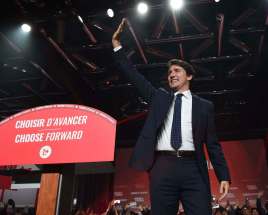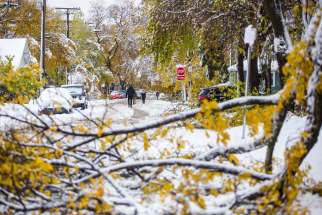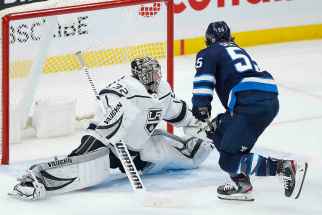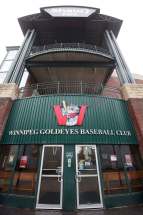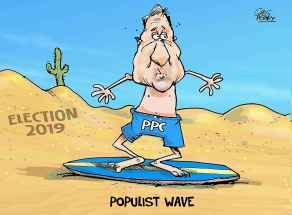Canada not ‘more divided than ever’
Read this article for free:
or
Already have an account? Log in here »
To continue reading, please subscribe:
Monthly Digital Subscription
$0 for the first 4 weeks*
- Enjoy unlimited reading on winnipegfreepress.com
- Read the E-Edition, our digital replica newspaper
- Access News Break, our award-winning app
- Play interactive puzzles
*No charge for 4 weeks then price increases to the regular rate of $19.00 plus GST every four weeks. Offer available to new and qualified returning subscribers only. Cancel any time.
Monthly Digital Subscription
$4.75/week*
- Enjoy unlimited reading on winnipegfreepress.com
- Read the E-Edition, our digital replica newspaper
- Access News Break, our award-winning app
- Play interactive puzzles
*Billed as $19 plus GST every four weeks. Cancel any time.
To continue reading, please subscribe:
Add Free Press access to your Brandon Sun subscription for only an additional
$1 for the first 4 weeks*
*Your next subscription payment will increase by $1.00 and you will be charged $16.99 plus GST for four weeks. After four weeks, your payment will increase to $23.99 plus GST every four weeks.
Read unlimited articles for free today:
or
Already have an account? Log in here »
Hey there, time traveller!
This article was published 24/10/2019 (2239 days ago), so information in it may no longer be current.
There has been a considerable amount of hand-wringing over the results of the federal election and what it means for national unity.
Depending on who is talking, or which headlines you read, Canada is either “further divided,” “truly divided,” or “more divided than ever.”
But are we really? You can perhaps forgive a 40-year-old political leader for using this rhetoric, as Andrew Scheer has done. But those of us who have lived a bit longer and seen a bit more of Canadian political history know this is simply not true.
Much has been made of the failure of the Liberals to win a single seat in Alberta or Saskatchewan. It would have been more surprising if the Liberals had won a handful of these seats.
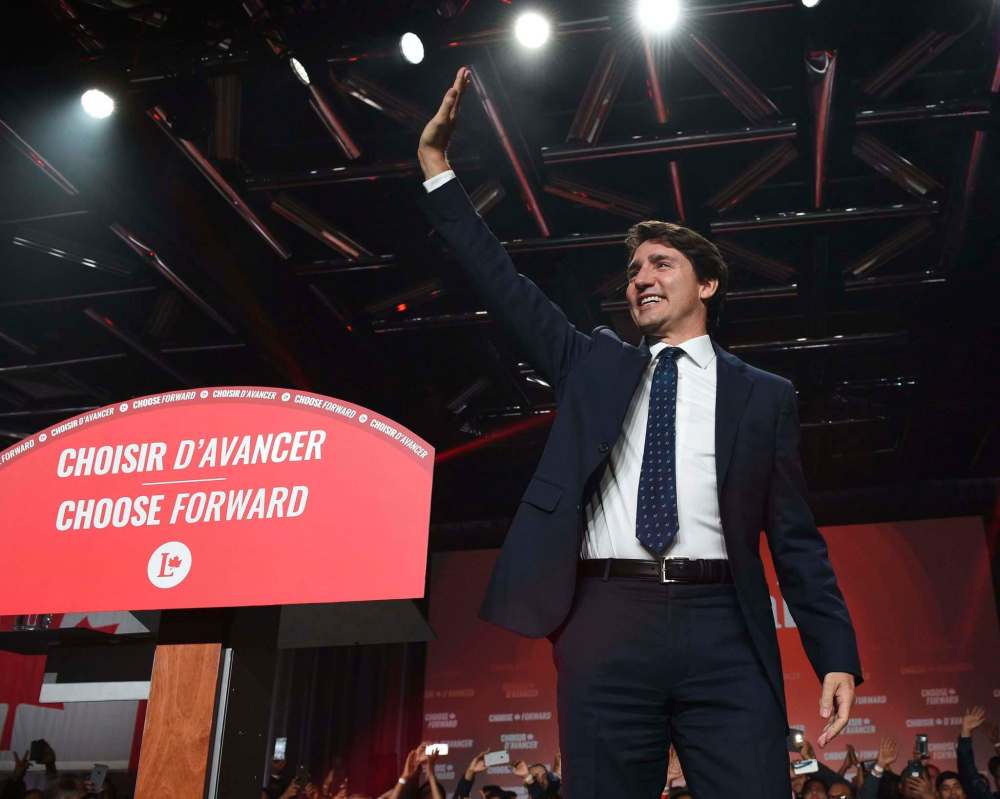
Justin Trudeau’s father, Pierre, won four elections, and only once did his Liberal party manage to win a significant number of seats in the West — during his 1968 “Trudeaumania” sweep.
That year, the Liberals won seats in all four western provinces, 27 in total.
The next time out, in 1972, the Liberals won just seven seats, none in Alberta.
In fact, under Pierre Trudeau, the Liberals did not win a seat in Alberta in the general elections of 1972, 1974, 1979 and 1980.
By the time of Pierre Trudeau’s “triumphant” return to a majority government in 1980, the Liberals won just two seats west of Ontario — both in Winnipeg. No Liberals were elected in British Columbia, Alberta or Saskatchewan.
Much has been made of the failure of the Liberals to win a single seat in Alberta or Saskatchewan. It would have been more surprising if the Liberals had won a handful of these seats.
By contrast, Justin Trudeau is positively flush with western MPs — 15 in British Columbia and Manitoba and two in the northern territories.
He also has good representation in other provinces, meaning his government is actually more representative of the country as a whole than most of his father’s mandates were. That doesn’t mean he can ignore the legitimate concerns of angry westerners whose economic base has been battered by lower oil prices, delayed pipeline construction and other factors.
However, a bit of perspective is advisable amongst the hyperbolic rhetoric.
There is a long history of westerners being upset at failing to find a voice at the centre of power in Ottawa, and this is just the most recent chapter.
In fact, Trudeau Jr. could learn lessons from the 1970s, when western alienation soared as a result of federal government energy policies, seen as selling out Alberta’s booming oil industry to protect eastern interests. Almost half of Albertans favoured separation from Canada in 1980.
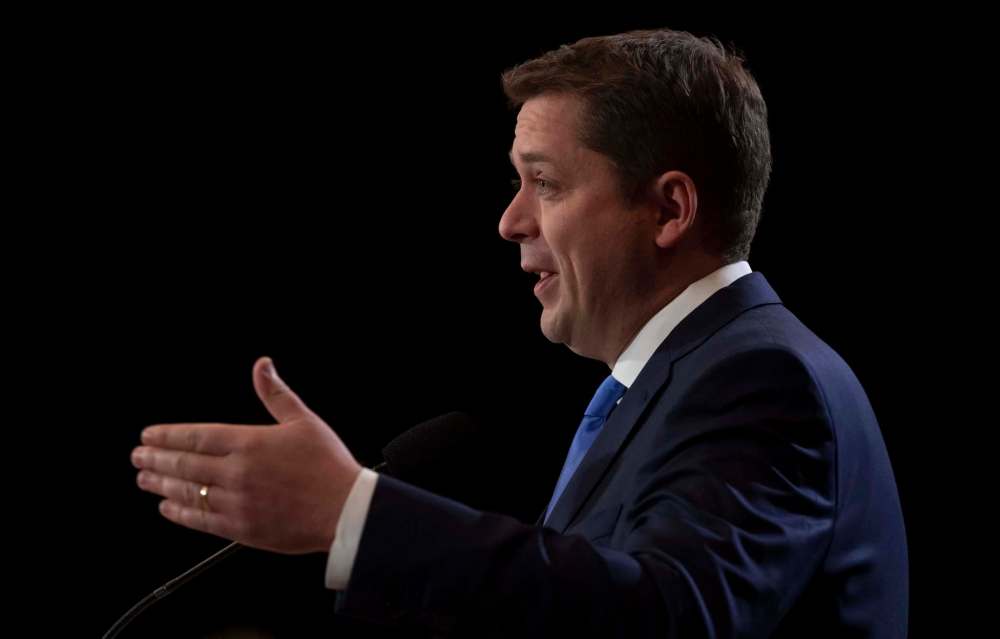
The bumper sticker “Let the Eastern bastards freeze in the dark!” was a popular one.
Alberta premier Peter Lougheed led the charge against federal energy policies, but eventually came to an agreement with Ottawa over revenue-sharing — just in time to see world oil prices collapse in 1982. The federal government got blamed for the subsequent recession.
The dispute this time is over the same subject, with new twists such as the tension between the oil industry and concerns over climate change. That does not make the task faced by Justin Trudeau any easier.
However, Justin Trudeau’s Liberals are arguably more open to helping western interests than his father’s party was, as evidenced by the federal purchase of the Trans Mountain Pipeline.
Justin Trudeau did not get any credit for this in the West during the election, and was further hurt by the federal carbon tax, among other federal policies.
All of which reinforces that there is much work to be done to address western concerns and help economic recovery, particularly in Alberta and Saskatchewan.
That work will best proceed if talk of division is replaced with talk of working together, and if volumes are turned down to tolerable levels. An angry parade of leaders blaming each other for divisions does not help.
Bob Cox is publisher of the Winnipeg Free Press.

Bob Cox was named publisher of the Winnipeg Free Press in November 2007. He joined the newspaper as editor in May 2005.
Our newsroom depends on a growing audience of readers to power our journalism. If you are not a paid reader, please consider becoming a subscriber.
Our newsroom depends on its audience of readers to power our journalism. Thank you for your support.

